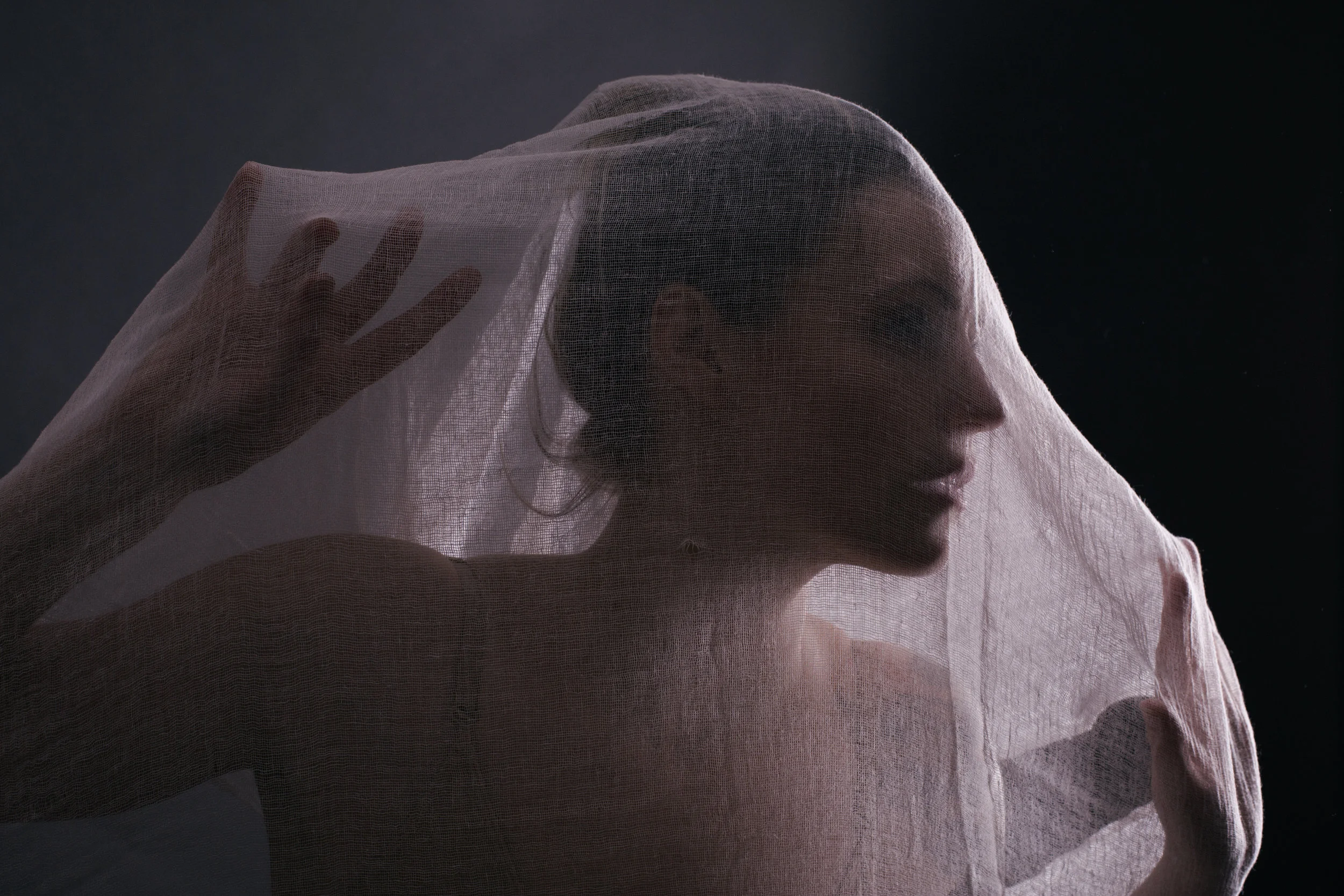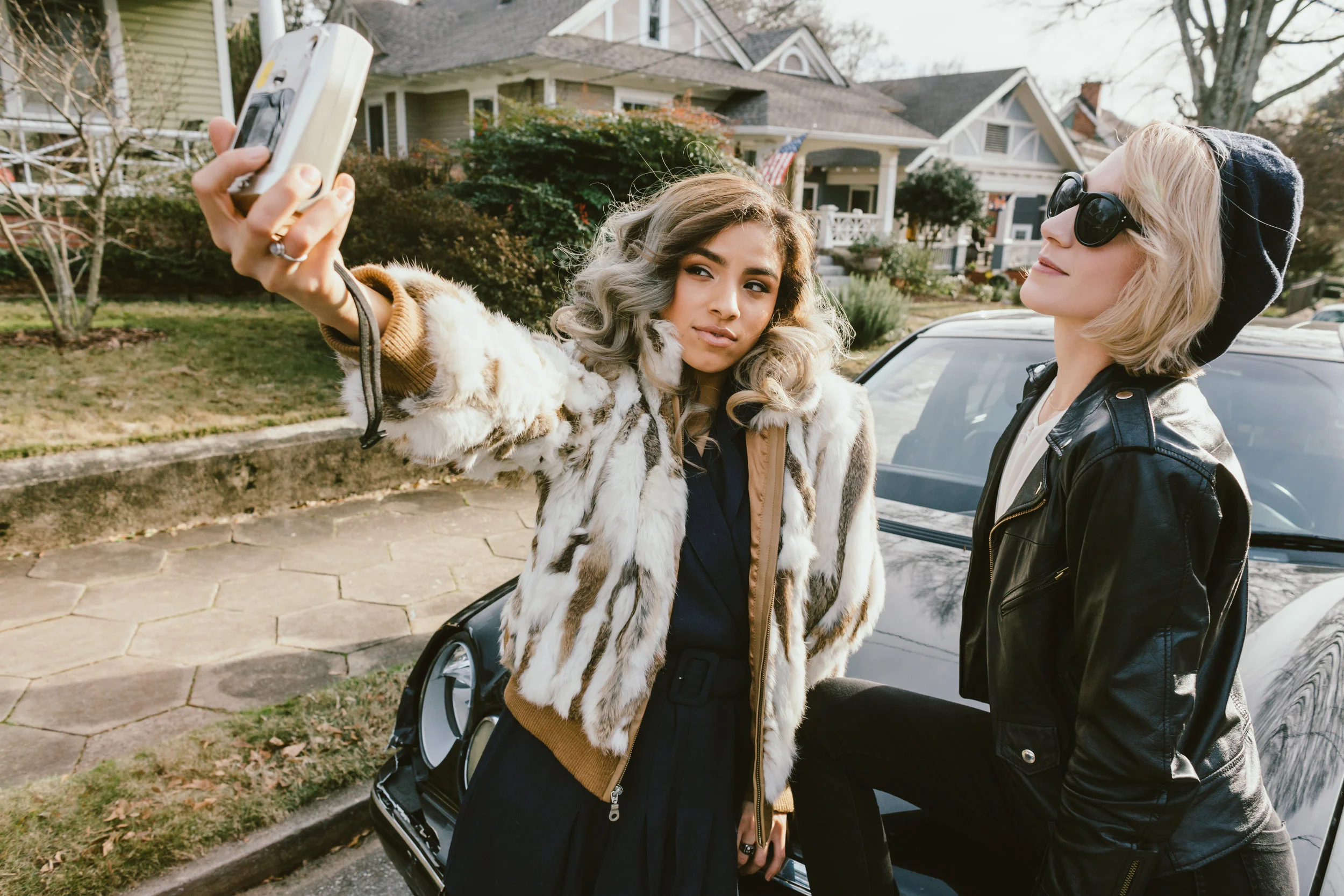Tess Holliday is considering plastic surgery and I'm feeling all the feels about it.
Before I ruffle any feathers about my opinion on this, I want to say a couple things:
1) The patriarchy does not own all aesthetic decisions that women make.
This is the crux of the point that Tess Holliday is making. She is specifically saying that she does not view her body as "flawed." She just wants to make some changes to it.
I don't think that the patriarchy influences my aesthetic choices always. For example, when I choose to wear a sweater, it's usually because it's cold outside. It's not because "the man" is telling me to wear a sweater.
It's important to acknowledge that Tess Holliday sees herself having agency in this decision. There's no gun pointed at her head or an abusive husband demanding that she change her body. This is something that I've talked about before. It is possible to have agency in the patriarchy.
2) This post is helpfully vague in what she is planning on changing.
It's hard to know what her decision is based on when we don't know what's going on. Maybe she is getting scars or stretch marks removed. Maybe she is adding scars and stretch marks. She could be getting a mastectomy or another medical procedure and still wants to keep her modeling career.
We just don't know. And it probably is none of our damn business. It's her Instagram page not her medical record, even if she's a public figure.
3) Tess Holliday's body positivity is palatable. That is what makes her a successful activist.
When I first starting trying to look at larger bodies and see them as beautiful, I went on Pinterest. I looked up plus size models in bikinis.
Tess Holliday, Kate Upton, and Ashley Graham look like the runway models we usually see. Their frames are hourglass. Their skin is clear. Their makeup is on point. They are predominantly white and upper class. They generally are trying look like Cindy Crawford.
Seeing women who are bigger who look beautiful really really really helps.
In a big way (pun intended), Tess Holliday is helping women. She's showing people bigger women can be attractive in a way that allows them to see it. She uses these markers of traditional attractiveness to make people comfortable.
Having scars or stretch marks or parts of her body that prevent her from making this appeal are "off brand." They might be taking away from her work as an activist in a pivotal way.
4) And, yes, absolutely, Tess, "what you do with your body is your business."
That is at the heart of the pro-choice movement. Whatever you decide, you still own your body. Nobody else does.
But... I'm still a little disappointed.
Her choices affect other women because she is a public figure.
I've talked about Anita Sarkeesian's talk about choice feminism. The choices we make have an impact on other women.
Not all choices, just for being choices, are feminist choices. My choice to wear a sweater is not a feminist choice if I'm making it based on the weather.
I think what she's saying is CONFUSING.
How can she explain to women looking up to her how she decided what she didn't like isn't a "flaw?"
It's just confusing. She's saying, "Yeah yeah yeah. I'm perfect. I don't need to change but I'm going to and I want to."
The exercise and diet obsessed, who were on the path to recovery, now have this Instagram post to point to. They can say, "But I don't like my body. It's my body. I get to decide. I can decide to keep doing (insert unhealthy behavior)."
The "man" could appropriate this to convince women that body hate is "empowerment."
I did a lot of work in therapy on being able to hold two things at once. I can love my body and I can want to change it. You can certainly love your body. You can certainly change your body as an act of love.
My concern is how companies appropriate the language of body positivity to sell products. I fear we won't allow women to feel like they can just be in their bodies as they are. We will use the language of body positivity and feminism to "empower" women to hate their bodies.
This has already happened around dieting and health. These days we mask disdain for fat people with "concern for their health."
It makes me sad that even my heroes can feel like they want to change.
I'm disappointed because women like her are the women I look to on my bad body image days. When I dislike how my body looks, I want to see women who are unabashedly proud of how their body looks every damn day.
I want Instagram posts about jiggly thighs and stretch marks and scars and saggy boobs. I want to see belly rolls and wrinkles and birth marks. Instead, I'm seeing a "body positive" advertisement for cosmetic surgery.
But, here's my deus ex machina.
I appreciate that Tess Holliday is being honest. I appreciate that she's being vulnerable. I appreciate that she is tackling this complex concept of how she chooses to live in her body.
After all, the rest of us make choices everyday about what we're going to change and what we won't.
For example, I shave my legs but I don't shave other parts. I sometimes wear makeup and braid my hair and care about what clothes I'm wearing. It would be too exhausting to be perfectly feminist or perfectly body positive.
I don't think you have to walk around in a paper bag and demand that society accept you as you are.
BUT.... society should accept us unchanged, naked, make-up free, belly rolls, stretch marks, saggy boobs and all.
We're all human beings, right?




There a lot of little compromises we feel like we need to make.
And I just don't think we should.